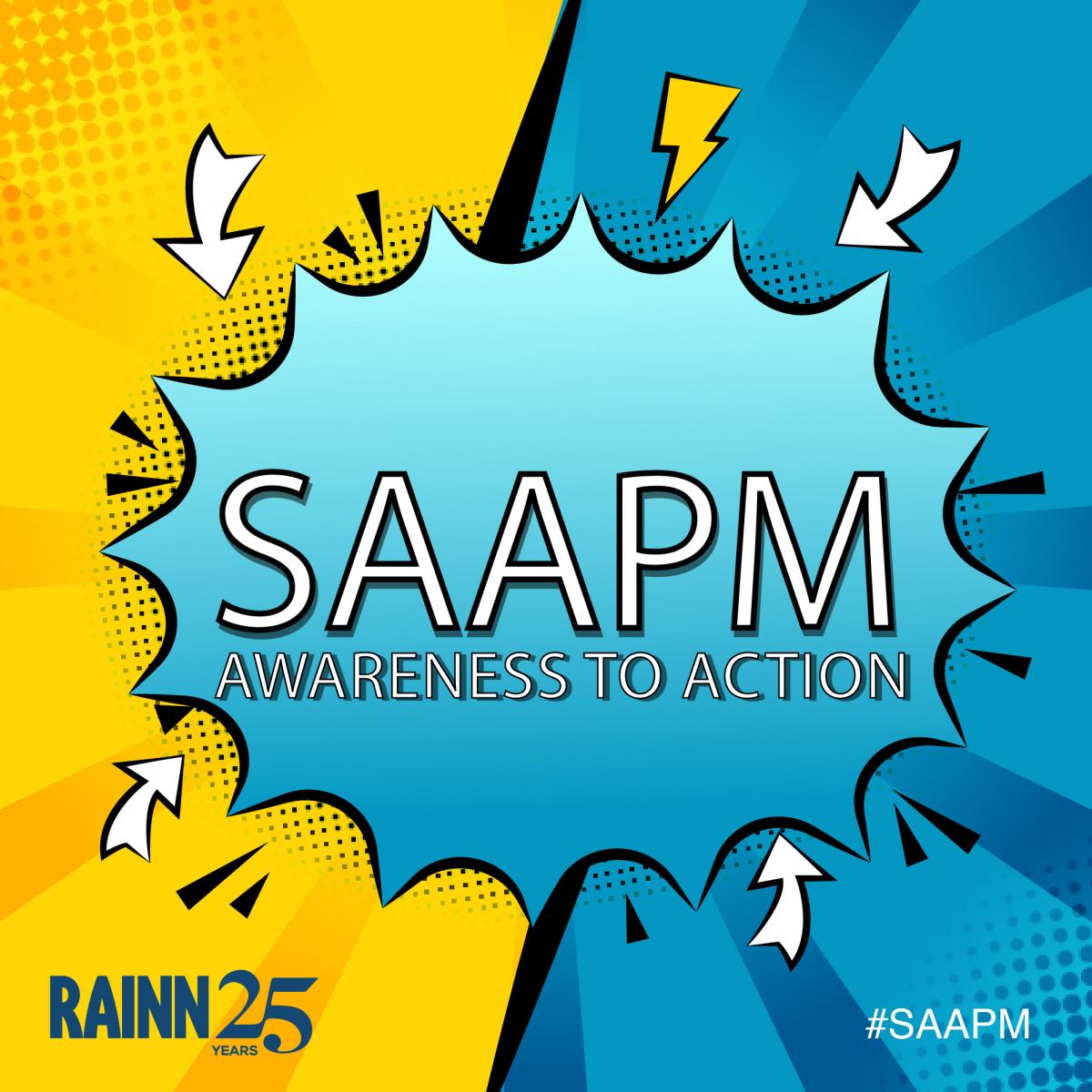Last Updated on January 25, 2022
Suicide is a leading cause of death in the United States. Each year over 45,000 people in America die by suicide — a rate that has increased 41% since 1999. Mental health conditions are often seen as the cause of suicide, but 54% of those who commit suicide do not have a known mental illness.
Suicide is rarely caused by a single factor, and is also affected by personal relationships, substance use, physical health, and stress from jobs, money, legal issues, and/or housing. The realities of the COVID-19 pandemic and continued systemic injustices have also had a chilling effect on Americans’ mental wellbeing. Awareness is important to end the stigma of suicidal feelings and help more people access life-saving help in dark times.
Anyone can have suicidal thoughts, but it is important to know they are not permanent. Having suicidal thoughts is not a sign of weakness or failure, but is a symptom of profound distress. Suicidal thoughts and behaviors can be very damaging and dangerous and should be considered a psychiatric emergency.
Other than mental illness, there are a number of risk factors for suicide:
- A family history of suicide;
- Substance abuse — using drugs and alcohol results in mental/emotional highs and lows that can exacerbate suicidal thoughts;
- Intoxication — more than a third of people who die from suicide are under the influence at the time;
- Access to firearms;
- A serious or chronic medical illness;
- A history of trauma or abuse;
- Prolonged stress;
- Isolation;
- A recent tragedy or loss;
- Agitation; and/or
- Sleep deprivation.
Certain populations can be more at risk than others. Suicide rates have been shown to be higher in rural areas, particularly in counties with small populations and lower incomes. Women are more likely to attempt suicide, but men are more likely to die from it. LGBTQIA people are at a higher risk for attempting suicide than heterosexual/cisgender individuals, especially among those who experience rejection from their families. Black Americans, immigrants, and other underrepresented communities also face unique and often overlooked factors affecting their mental health that can lead to tragic outcomes.
Living through the COVID-19 pandemic has exacerbated feelings of anxiety, fear, frustration, sadness, and loneliness for many — sometimes to an overwhelming degree. These can be compounded with the pressure of social distancing requirements, job loss, and encountering anti-mask/anti-vaccine opposition while attempting to navigate the public safely. Experts fear the economic stress, social isolation, barriers to healthcare, and toxic influences could result in more suicides for years to come.
There are warning signs to watch for if you are afraid someone you know may be having suicidal thoughts:
- Suicidal ideation — threats or comments about killing themselves that may appear harmless but can become overt and dangerous;
- Increased alcohol or drug use;
- Aggressive behavior and/or dramatic mood swings;
- Social withdrawal from friends, family, and community;
- Talking, writing, or thinking about death; and/or
- Impulsive or reckless behaviors.
More serious signs include:
- Putting affairs in order;
- Giving away meaningful possessions;
- Saying goodbye to friends and family;
- Mood shifts from despair to calm; and/or
- Planning, possibly by looking around to buy, steal, or borrow the tools they need to complete suicide, such as a firearm or prescription medication.
If you know someone who might be thinking about suicide, you can help by offering to listen. Listening to someone can show that they are cared for, give them a greater feeling of control, and help them feel connected to another person. It is important to remain calm and vigilant of their feelings. Ask them if they have thoughts about suicide. Asking can be scary and difficult, but the answer will give more information than watching for warning signs. If they answer “No,” keep listening; don’t tell them you are glad or relieved, as they may be less likely to be honest if their answer changes. If their answer is “Yes,” it is important to stay calm and not show signs of fear or anger; keep listening, let them know you care, and ask questions about any further thoughts or plans to commit suicide. Get them help, even if they have not agreed to it. Telling a healthcare professional about your concerns could save their life.
If you fear someone is having a mental health crisis that requires immediate attention, it is not always advisable to call the police. There may be situations when calling the police is the only viable option (i.e., when you or someone else is in present danger of physical harm), however law enforcement officers are not trained or qualified to manage people in need of psychiatric care. Involving police may escalate mental health crises and makes them statistically more likely to be fatal — especially if the person experiencing the mental health crisis is Black, transgender, and/or unhoused. A growing number of cities/counties in the United States are expanding community-based alternatives for situations that require de-escalation and/or harm-reducing intervention.
Beyond the emotional toll suicide takes on all those it affects, there is a financial cost. The average cost of one suicide is estimated at $1,329,553. More than 97% of this cost is due to lost productivity; the remaining 3% are associated with healthcare costs. The total cost of suicides and suicide attempts is estimated at $93.5 billion. Every $1 spent on psychotherapeutic interventions and interventions that strengthened linkages among different care providers saved $2.50 in the cost of suicides.
NeedyMeds has information for over 6,500 free, low-cost, or sliding-scale clinics throughout the country that offer counseling or mental health services for those in need. Search your ZIP Code for mental health clinics near you, or call our toll-free helpline for information at 1-800-503-6897 (open Monday through Friday, 9am to 5pm ET).
We encourage everyone to educate themselves, strive to understand the difficulties people around us live with, and to replace stigma with hope and support. If you or someone you know is thinking about suicide, it is important to know that no one is alone in their struggle. Call for assistance, whether help is needed immediately or long-term.
Samaritans 24/7 Crisis Services via call or text (available in 240+ languages): (877) 870-HOPE (4673)
The Trevor Project (LGBTQIA crisis support): 1-866-488-7386 or Text “Trevor” to 1-202-304-1200
Trans Lifeline (transgender crisis support): (877) 565-8860
Blackline (LGBTQIA-inclusive crisis support for Black, Indigenous, and Muslim communities): (800) 604-5841
If you are reading this somewhere other than the NeedyMeds Voice, please let us know!




